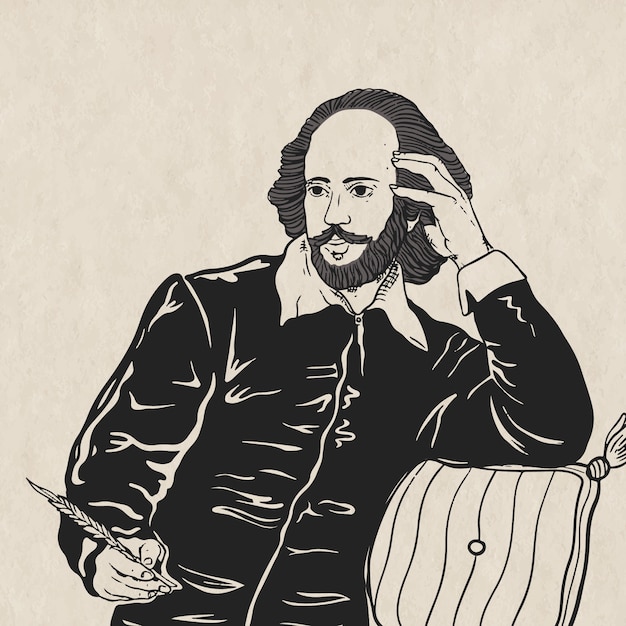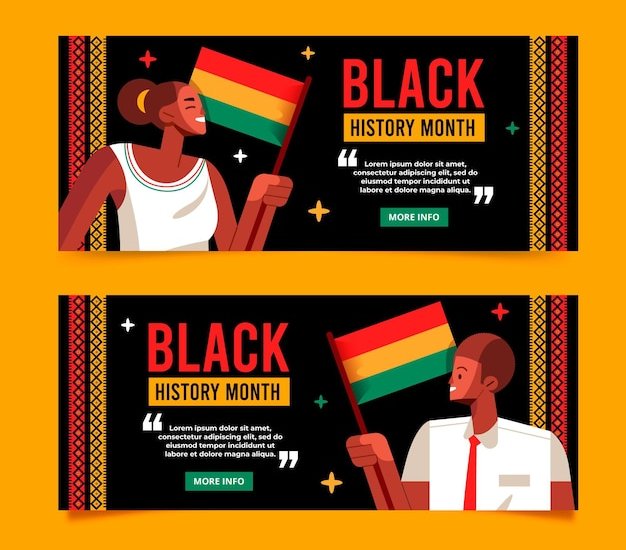Cesar Chavez – Intriguing Facts That You Should Know

Cesar Chavez was an influential American labor leader and civil rights activist.
Chavez was born on March 31, 1927, in Yuma, Arizona.
He grew up in a farmworker family and experienced the hardships of migrant labor from an early age.
Chavez served in the United States Navy for two years during World War II.
In 1962, he co-founded the National Farm Workers Association (NFWA), which later became the United Farm Workers (UFW) union.
Chavez advocated for nonviolent boycotts and strikes to achieve better working conditions and fair wages for farmworkers.
He coined the famous slogan Si se puede (Yes, we can), which became the rallying cry for the UFW movement.
Chavez believed in the power of grassroots organizing and community mobilization to effect change.
He led the remarkable Delano grape strike of 1965, which lasted for five years and resulted in improved conditions for farmworkers.
Chavez fasted multiple times throughout his life to protest government policies and bring attention to the plight of farmworkers.
He organized the largest successful boycott in U.S. history against California grapes in the late 1960s.
Chavez’s efforts led to the signing of the California Agricultural Labor Relations Act in 1975, granting farmworkers the right to unionize.
He was a passionate advocate for environmental justice, understanding the link between pesticides and the health of farmworkers and their families.
Cesar Chavez – Intriguing Facts That You Should Know part 2
Chavez supported various social justice causes, including advocating for LGBTQ rights and against police brutality.
He was influenced by Mahatma Gandhi’s philosophy of peaceful resistance and drew parallels between the plight of Indian peasants and Mexican-American farmworkers.
Chavez received numerous awards and honors during his lifetime, including the Presidential Medal of Freedom posthumously in 1994.
His legacy continues to inspire labor and civil rights movements around the world.
Chavez’s work highlighted the importance of solidarity and unity among workers of different backgrounds and ethnicities.
He emphasized the need for education and empowerment of marginalized communities to bring about lasting change.
Chavez believed in the dignity of all workers, regardless of their occupation, and fought for fair treatment and just wages for everyone.
He helped bring public attention to the often invisible and exploitative conditions faced by farmworkers.
Chavez’s organizing techniques, such as house meetings and storytelling, became instrumental in mobilizing workers and building a strong movement.
He faced significant opposition and criticism, including from some within the labor movement, but remained steadfast in his commitment to nonviolence.
Chavez’s commitment to social justice extended beyond labor rights, as he advocated for better healthcare, housing, and education for all.
He recognized the importance of intersectionality and worked to create alliances with other marginalized communities, such as Native Americans and African Americans.
Chavez understood the power of symbolism and utilized strikes, boycotts, and marches to capture public attention and garner support for the farmworkers’ cause.
He believed that everyone has the potential to be an agent of change and encouraged individuals to take action in their own communities.
Chavez’s leadership was characterized by humility, empathy, and a deep respect for the dignity of others.
He faced harassment, threats, and arrests throughout his activism but remained committed to his principles.
Chavez’s work not only improved the lives of farmworkers but also inspired a new generation of activists fighting for social justice.
He recognized the importance of grassroots organizing, empowering individuals to take ownership of their struggles and fight for their rights.
Chavez believed that true change comes from the bottom up, and that ordinary people have the power to create extraordinary transformations.
He emphasized the value of perseverance, knowing that lasting change often requires years of dedicated effort.
Chavez’s legacy continues through the Cesar Chavez Foundation, which carries on his work to improve the lives of farmworkers and promote equality.
He has been honored with numerous schools, parks, and streets named after him across the United States.
Chavez’s philosophy of nonviolence and community mobilization has inspired social movements beyond the realm of labor rights.
He recognized the importance of inclusivity and actively worked to break down barriers of discrimination and prejudice.
Chavez’s impact on American history is a testament to the power of grassroots movements and the tireless pursuit of justice.
He inspired countless individuals to get involved in activism and fight for the rights of the marginalized.
Chavez’s teachings on nonviolent resistance and solidarity continue to be an integral part of social movements around the world.
He understood that true social change requires both personal sacrifice and collective action.
Chavez’s work transformed the way Americans view farm labor and brought attention to the contributions of migrant workers in the country’s agricultural industry.
He believed that the struggle for justice and equality must always be pursued with compassion and empathy for all.
Chavez’s commitment to social justice was deeply rooted in his own upbringing and experiences as a migrant farmworker.
His legacy serves as a reminder that the fight for justice and equality is an ongoing journey that requires dedication and perseverance.

